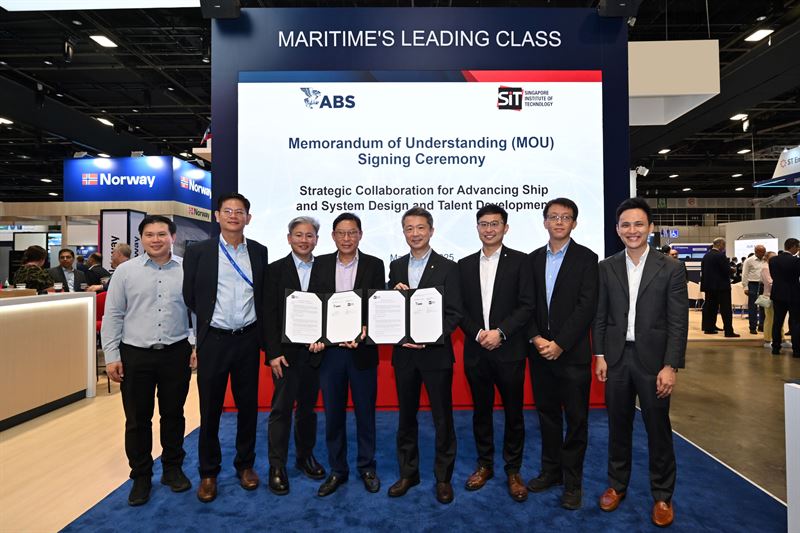
The Ports of Antwerp-Bruges and Rotterdam are urging the European Commission to prioritize large-scale investments in Europe’s industrial competitiveness ahead of the release of the Competitiveness Compass and the Clean Industrial Deal.
The European ports emphasized that “Europe’s strategic autonomy, energy transition, and economic prosperity are at stake.”
As key energy, logistics, and industrial hubs, these two leading European ports can play a pivotal role in executing the European Union’s Clean Industrial Deal, which seeks to bolster Europe’s investment climate. The ports advocate for a comprehensive strategy that strengthens international supply chains and industrial clusters rather than focusing narrowly on specific sectors or regions. To this end, they are committing to enhanced cross-border collaboration.
Wopke Hoekstra, European Commissioner for Climate, Net Zero and Clean Growth, stated: “We’ve reached a juncture where industrial growth with emission reductions is not just a choice. It’s a necessity. For far too long, there’s been a prevailing narrative that business and climate don’t mix. However, with this new Commission, we are writing a different story. As we push ahead towards a cleaner, greener future, we must take all European businesses along with us, from innovative clean tech companies to traditional heavy industries. This is what our new Clean Industrial Deal is about.”
Research conducted by Vrije Universiteit Brussel and Erasmus University Rotterdam (Centre for Urban, Port, and Transport Economics) underscores the strategic value of these ports. The study positions the Ports of Antwerp-Bruges and Rotterdam as an integrated logistics and industrial complex, forming part of the broader industrial ARRRA cluster that extends to the Ruhr region.
In addition, this cluster connects goods and energy flows to businesses and consumers deep into Europe’s hinterland. With its combined scale, interconnected networks, and complementary sectors, the ARRRA cluster plays a vital role in the European industry, accounting for 40% of Europe’s petrochemical production.
Jacques Vandermeiren, CEO of Port of Antwerp-Bruges, explained: “A systemic port cluster approach contributes to achieving Europe’s goals. The ports of Antwerp-Bruges and Rotterdam are unique sites where multimodal logistics, energy and industry come together. The transition to a sustainable economy demands cross-border cooperation and a sense of realism. As ports, we want to jointly contribute to anchoring European industry for the future.”
Strengthened cooperation between the Ports of Antwerp-Bruges and Rotterdam could further amplify these benefits for Europe. However, this requires the establishment of an enabling framework with European investments in connectivity, reduced regulatory burdens, and enhanced support for sustainability initiatives.
This message was conveyed to the European Commissioner for Climate, Net Zero, and Clean Growth, Wopke Hoekstra, during a joint event organized by the ports in Brussels.
Boudewijn Siemons, CEO of Port of Rotterdam, commented: “Europe faces the challenge of ensuring that the transition to a sustainable economy also safeguards the prosperity and strategic independence of our continent. Significant investments have been made in recent years in our port complexes in this regard, and major projects are now being rolled out. At the same time, we see that the competitiveness of European industry is declining. It is therefore important that ports, national and European governments join forces for a European investment climate in which companies can continue to build for the future.”
The post Port of Antwerp-Bruges and Rotterdam call for Clean Industrial Deal appeared first on Container News.

 Infomarine On-Line Maritime News
Today Maritime News Worldwide
Infomarine On-Line Maritime News
Today Maritime News Worldwide
05
Sat, Apr
 English
English Chinese (Simplified)
Chinese (Simplified) Finnish
Finnish French
French German
German Greek
Greek Italian
Italian Norwegian
Norwegian Spanish
Spanish Swedish
Swedish
































































